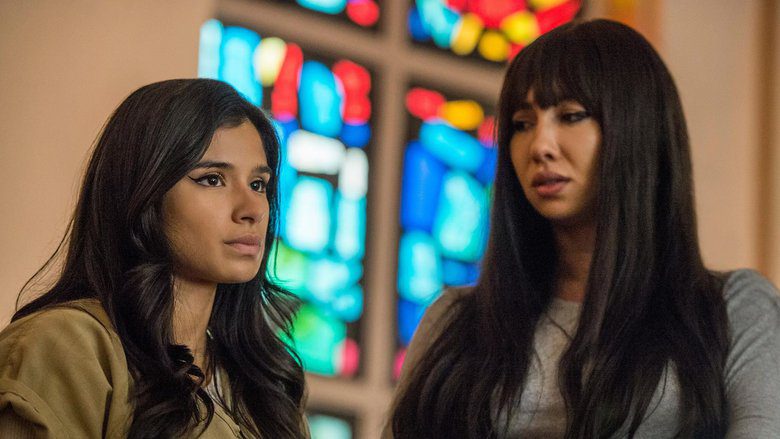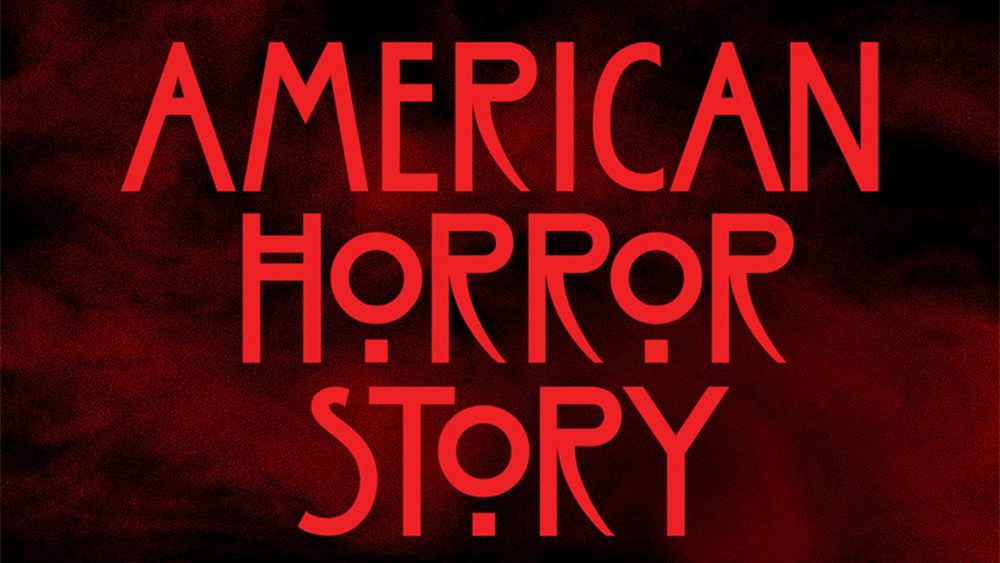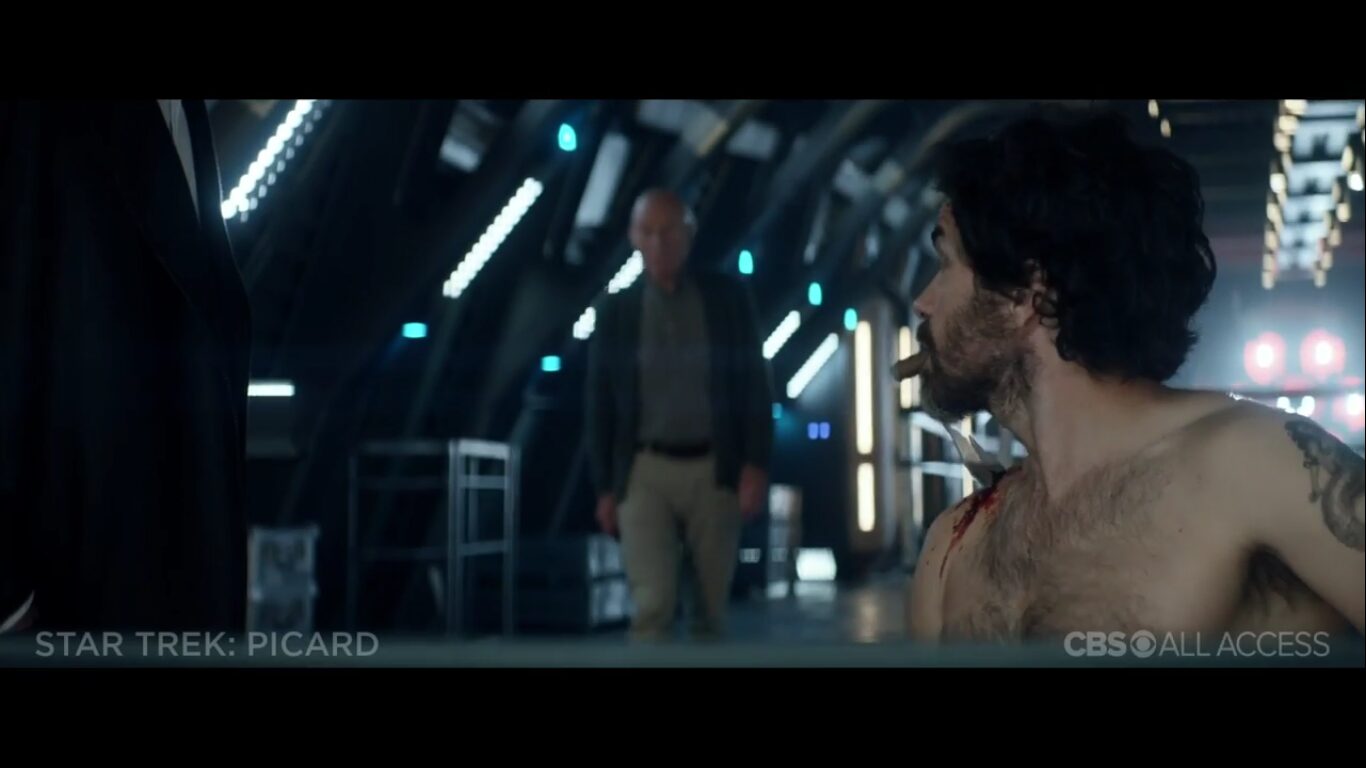I still don’t know what to make of the ever-changing tone of Orange Is the New Black‘s fifth season. I don’t know how seriously to take the riot, because at any given point the people whose lives are in mortal danger are cracking jokes about it. The changing of the guards isn’t handled with the intensity one would expect, and that frankly the subject matter requires. Little is made of the fact that the inmates’ endgame is impossible if not non-existent: name one prison riot that ever ended well. But in a way, I enjoy the slapdash aspect of the takeover, and its symbolic nature. The riot was borne of desperation and indignation, and there was little thought to any goal beyond the reclamation of dignity, for the inmates but also for Poussey, whose very existence was in danger of being erased as her death was treated as little more than an unavoidable accident, like a factory worker losing a finger.
But don’t get me wrong: “F***, Mary, Frieda” is a better episode than “Riot FOMO,” because it’s more focused. It does a better job of telling self-contained stories, and doesn’t shy away from the darkness at the show’s core. Maria is basically running the show now; Daya is nominally in charge, but it’s Maria who leads the “reorientation” meeting in the chapel, telling the inmates “Welcome to Litchfield 2.0.” Jessica Pimentel has never shied away from Maria’s vindictive, easily affronted nature, which serves her well, since the show is positing Maria as it’s first true villain since Vee left the prison (of immediate concern is whatever fell notions she has in mind for Piper, but the show, at least for now, glosses over it).
An interesting plot thread is that Maria doesn’t have the gun – or at least she pretends not to. It’s hard to tell, because Pimentel plays Maria so cagey, but Daya did make the mistake of telling Maria’s henchwomen that the gun had gone missing. I find it hard to believe that Maria doesn’t have the weapon, but I have to take the show at its word, because at this point, if the twist is that she’s had it the whole time, it will be a let-down and a copout. Twists don’t work if we’re expecting them. (You’re welcome for that insight.) I love the idea of her not having the gun, because it allows the show to keep surprising us, and show that just because they’re in prison together doesn’t mean the inmates are unified.
Speaking of surprises (and terrible segues): Frieda! I’ll admit to rolling my eyes when I realized the episode was starting with a Frieda flashback, thinking They’ll just give a flashback to every goddamn character at this point. But I was wrong once again, because the Frieda flashbacks were the best part of the episode. Watching this intrepid young girl make her way home through the forest was alternately inspiring and horrifying; Frieda’s confidence never falters until she finds herself covered in leeches, at which point she breaks ever so slightly.
Mia Sinclair Jenness, as young Frieda, gives a captivating performance, and shows the self-reliance and adaptability that will later serve her so well in the prison (even if the jaunty music is at odds with her terrible circumstances; at times it’s shot like Wes Anderson directing Stephen King’s The Girl Who Loved Tom Gordon). I was worried that the whole flashback was to establish how Frieda would know to fashion a darts with which to shoot COs Stratman and Blake, but it went a lot further than that and really fleshed out a character who up until now has been fun, but one-note.
Character work is where “F***, Marry, Frieda” really succeeds. There’s the fun scene in the kitchen where Sankey, Helen, and Brandy make Stratman and Blake play “Fuck, Marry, Kill” with the three of them; when both guards choose to kill Brandy, the skinhead protests “Hey, I’m not made of stone!” When put in a compromising position, Luschek admits that being scared arouses him.
But to focus on that would be to gloss over the two incredibly dark set pieces that dominate the episode. The first is Maria’s meeting, in which the guards are stripped and cavity searched. It’s a sickening spectacle, one that threatens at all times to boil over into full-on public execution; Alex storms out, denouncing it as “Rumsfeld dinner theater.” Lydia Ferguson gets a firsthand look at the dehumanizing effect of the private prison system, but frustratingly the show doesn’t let her become properly horrified, instead deciding to use her as a source of oblivious humor (“This reminds me of pledge week”).
But I have to admire the show for being not just surprising but genuinely shocking. Humphrey, in the infirmary with Suzanne and Kukudio, is in rare form; whatever painkillers he’s on have loosened him up, and he seems almost fun, but the kind of fun you want to stop having once it turns dark, which is almost immediately. He’s upbeat and talkative, but he just wants to talk about varied methods for torturing and killing. It’s deeply off-putting, and Michael Torpey does great work with the scene’s abrupt turn, when Humphrey starts choking on the phrase “golden days.” It’s so sudden that anxiety sets in instantly, and that metastasizes into horror when Kukudio, smiling, admits that she blew oxygen bubbles into Humphrey’s IV, giving him a stroke and basically turning him into a vegetable. It’s over the top, sure, but it works because of everything leading up to it; not just last season but in this scene itself, where Humphrey’s idea of conversation is cheerfully detailing how he’d kill a man using honey. Orange Is the New Black wants it to be plain: this man deserves punishment. But how far is too far? Does he deserve to live his life like this? Does anyone? Is Kukudio crazy and impulsive? Yes, a little bit of both, but how much of that was there before MCC hired sadistic, untrained guards and trained them to treat inmates like cattle?
I still have my issues with the show so far – and I worry that it’s going to attempt the same thing The Walking Dead tried to do in its sixth season, where a whole season played out over the course of one day, and it didn’t work at all – but scenes like the ones described above are what make the show work. At its best, Orange Is the New Black can take a remorseless sadist like Humphrey and use him as a catalyst for a discussion on crime, punishment, and the nature of both.
A Few Thoughts
- There was another great character moment, this time for Cindy. When the guards are forced to strip, CO Blake, a devout Mormon, asks for leniency: “They’re temple garments!” Cindy looks taken aback and a little ashamed. It’s a nice, fleeting shot that shows just how seriously she takes her Judaism, and how much respect she has for others who are likewise devoted to their religion.
- Judy King is an occasionally fun but almost always useless character.
- “By the way, fuck Stratman, marry Blake, kill Piscatella.”
- Speaking of Piscatella, I love that he isn’t remotely ashamed of his table-decorating hobby.
- Was Orange trying to be insightful by pointing out that black characters often die first in horror movies or hostage movies? Because that would be a great point if it hadn’t already been made about a million times.
- Sorry this review is light on pictures. They’re usually a pain to find for Netflix shows, and apparently one I used for “Riot FOMO” was actually from this episode. Welcome to the nightmare of trying to break up long blocks of text. It’s 13 Reasons Why all over again.
4/5




